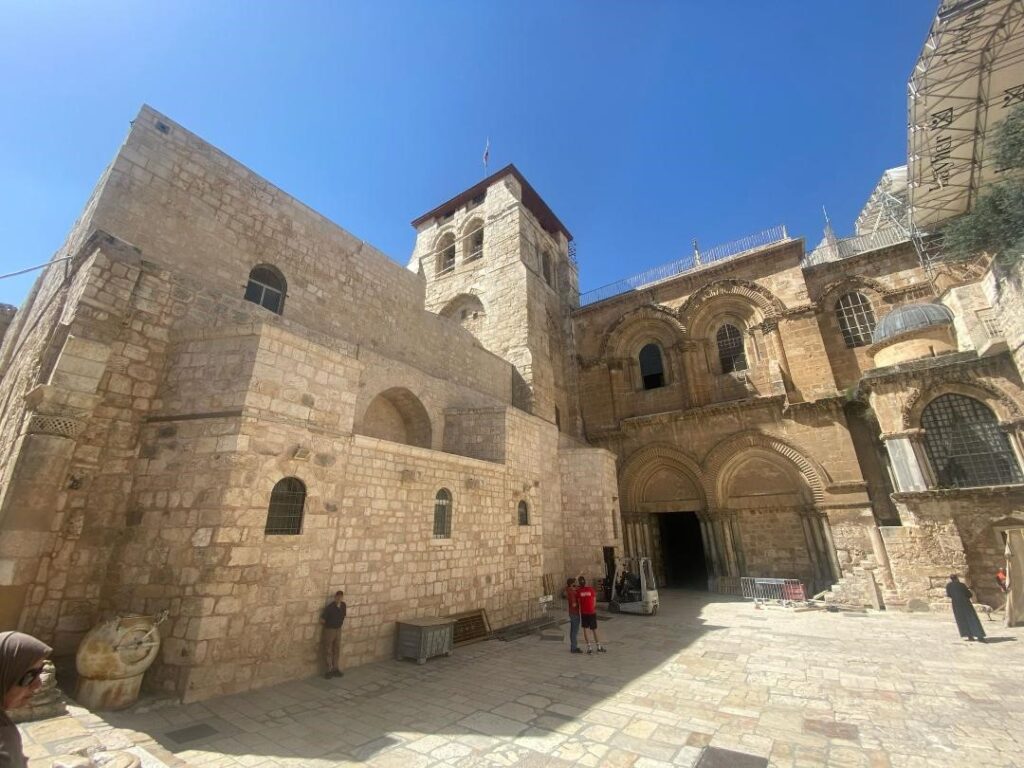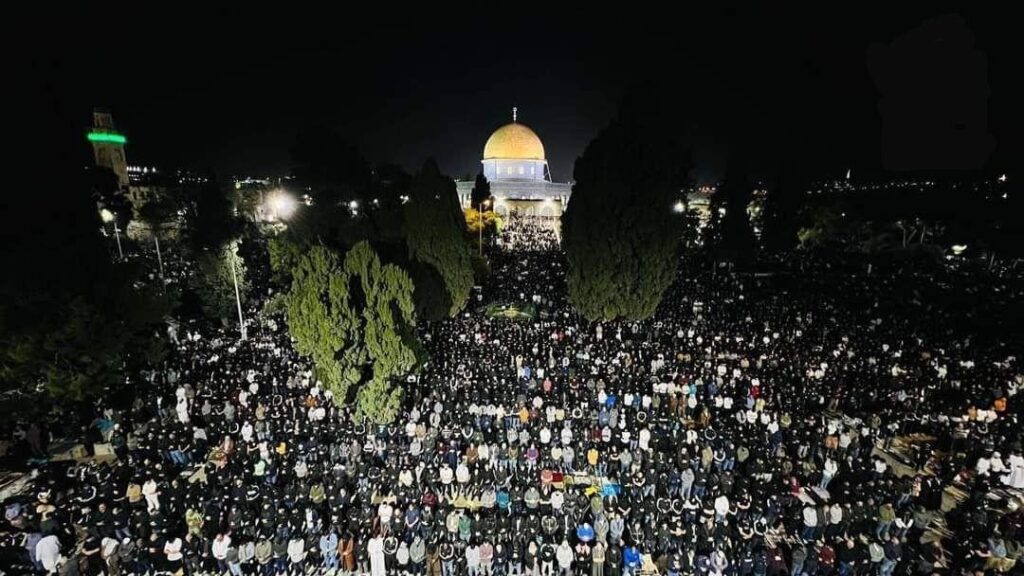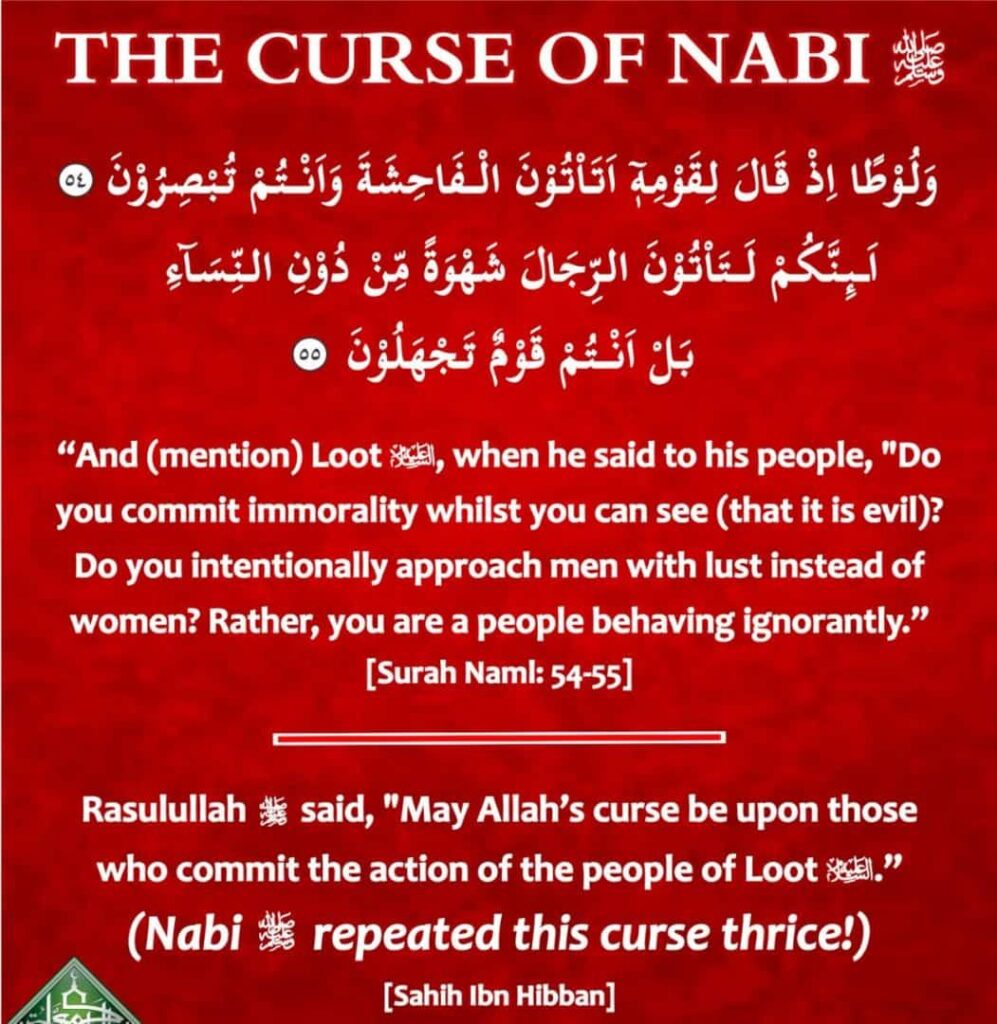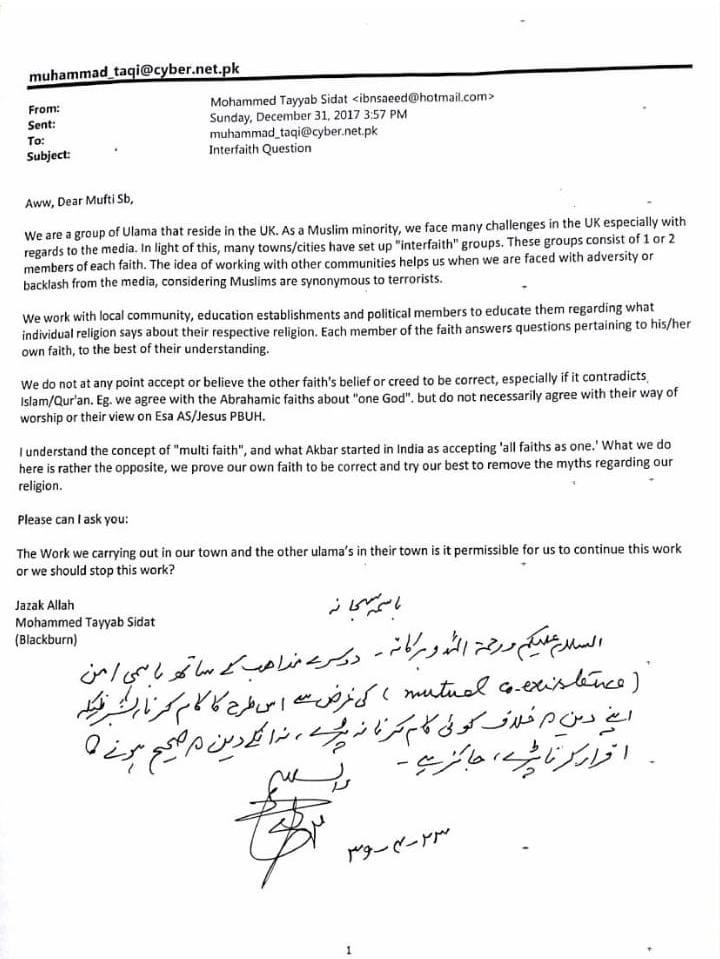Udhiyah (Qurbani)
By Shaykhul-Hadith, Hadrat Mawlana Muhammad Saleem Dhorat damat barakatuhum
Virtues of Udhiyah
• Udhiyah is a practice commanded by Allah ta‘ala:
..So turn in prayer towards your Rabb and sacrifice (animals). (108:2)
• The son of Adam does not carry out on Yawmun-Nahr (10th Dhul- Hijjah) a deed more beloved to Allah than the animal sacrifice. The sacrificed animal shall come on the Day of Judgement with its horns, hair, and hooves (to be weighed). The sacrifice is accepted by Allah ta‘ala before the blood reaches the ground. Therefore, sacrifice with an open and happy heart. (At-Tirmidhi)
On Whom is Udhiyah Wajib?
• Udhiyah is wajib on every Muslim who is of sound mind, mature (who has reached the age of puberty), muqim (i.e. he is not a Shar‘i traveller) and possesses the amount of fifty two and half tolas of silver (612.36 grams) or wealth equivalent to that value which is in excess of one’s asli (basic) needs. It is not necessary that this amount be in one’s possession for a complete lunar year. It’s possession during the three days of udhiyah will make udhiyah obligatory. Udhiyah is not incumbent on a child or an insane person whether they own wealth equivalent to the amount above or not, nor is it wajib upon their guardians to perform it on their behalf. Similarly, it is not wajib on a Shar‘i traveller.
Note: A Shar‘i traveller is he who goes on a journey with an intention of travelling forty eight miles. He will be regarded a Shar‘i traveller as soon as he goes out of his town.
• It is also highly virtuous for one on whom udhiyah is not wajib to offer sacrifice for the Pleasure of Allah ta‘ala. He will be eligible for all the reward mentioned in the Ahadith.
• During the days of udhiyah, sadaqah (charity) cannot compensate for udhiyah nor fulfil the wajib. Udhiyah is a unique ‘ibadah. Just as zakah cannot compensate for hajj, or sawm (fasting) cannot compensate for salah, similarly sadaqah cannot compensate for udhiyah. However, if the days of udhiyah had passed and the udhiyah was not offered due to not knowing, negligence or for some other valid reason, then it becomes wajib to give in sadaqah the price of udhiyah animal or the animal itself to the poor.
• If a traveller returned home or a person acquired the required wealth on the 12th of Dhul-Hijjah before sunset, it will be wajib upon him to perform udhiyah.
• A traveller who makes intention of staying at a certain place for fifteen days or more, no longer remains a traveller. He must offer udhiyah if he possesses the prescribed amount.
Days of Udhiyah
• The days of udhiyah are the tenth, eleventh and twelfth of Dhul-Hijjah. The first day is better than the second, and the second better than the last.
Time for Udhiyah
• In towns and cities where Jumu‘ah and ‘Id are performed, the time for udhiyah is from after the ‘Id salah until before sunset of 12th Dhul Hijjah. If the udhiyah has been offered before the ‘Id salah, it will have to be repeated.
• It is permissible, but not preferable to perform udhiyah at night.
The Udhiyah Animal
• It is permissible to offer in sacrifice a goat or she-goat, sheep of all kinds, cow, bull, buffalo or camel.
• It is necessary that the goat is one (full) year old, whether male or female. A cow, bull or buffalo will have to be two years old, and a camel five years. Animals that are younger are not suitable for udhiyah.
• A sheep (of any kind) not less than six months old, so strong and fat that it appears to be one year old will suffice for udhiyah, otherwise it will have to be one (full) year old.
• A cow, bull, buffalo or camel will suffice for seven persons provided no one’s share is less than one seventh and the niyyah (intention) of all partners is to attain thawab (for udhiyah), and not merely to obtain meat.
• The udhiyah of only one person can be performed from a goat, sheep or ram.
• If an animal seller says that the animal has reached the required age, and outwardly there is no sign to disprove it, then it is permissible to rely on his statement.
• Animals that are castrated can be used for udhiyah. In fact, this type of animal is preferable.
• The following cannot be used for udhiyah:
-Animals that are blind, one-eyed or has lost one-third or more of its eyesight.
-Animals that have lost a third of the ear or the tail. Similarly, the animal which has no ear from its very birth.
-An animal whose horn has been broken off from the root.
-An animal which has one leg lame to the extent that it walks on three legs only and is unable to use the fourth leg.
-An animal so lean and thin that its bones have no marrow.
-An animal so weak that it cannot walk to the place of slaughtering on its own.
-An animal completely toothless or one that has lost most of its teeth.
• It is virtuous to purchase the animal for udhiyah a few days prior to slaughtering and care must be taken in feeding and nursing it.
Method of Sacrifice
• It is more virtuous to slaughter the animal with one’s own hands. If one does not know how to slaughter, it is preferred that he remain present while someone else is sacrificing the animal. It is not necessary to make the niyyah (intention) of udhiyah with the tongue, however it is necessary to say the Name of Allah, preferably Bismillahi Allahu Akbar when slaughtering.
• Use a sharp knife and slaughter the animal quickly so that it does not suffer.
• Do not sharpen the knife in front of the animal.
• After slaughtering, do not skin the animal before it becomes completely cold.
• Do not slaughter one animal in the presence of another.
• It is mustahabb (desirable) for the one intending to offer udhiyah to refrain from cutting hair or clipping nails from 1st Dhul-Hijjah until one’s udhiyah animal is sacrificed.
The Udhiyah Meat and Skin
• It is impermissible to sell the meat or skin of the udhiyah animal. However, they may be given away in charity or as a gift.
• It is permissible to eat the udhiyah meat. It can also be distributed to relatives and friends whether wealthy or poor, muslims or non-muslims. It is better to divide it into three parts. One for the family, one for relatives and friends and one for the poor and needy.
• The skin of the udhiyah animal can be kept for personal use, e.g. using it as a prayer-mat, water bag etc.
• If the meat or skin of the udhiyah animal is sold, then it is wajib to give that amount in sadaqah to the poor (i.e. those who are eligible for zakah).
• It is not permissible to give the meat, skin, fat, etc. of the sacrificed animal to the butcher as his wages.
• The meat of the animal slaughtered by partners should be shared by weight and not by estimation.
• The rope, cover, etc. of the animal should be given away as sadaqah.
Udhiyah on Behalf of the Deceased
If one has been favoured by Allah ta‘ala with wealth, then he should also perform udhiyah on behalf of Rasulullah sallallahu ‘alayhi wa sallam, the Ambiya ‘alayhis salam, the Sahabah radhiyallahu ‘anhum, the Ummah, and for his own living or deceased relatives, friends, mashayikh and teachers who have conveyed to him Dini knowledge.
One should always remember our Beloved Nabi sallallahu ‘alayhi wa sallam and perform udhiyah on his behalf. Sayyiduna ‘Ali radhiyallahu ‘anhu sacri?ced two rams for udhiyah; one on behalf of Rasulullah sallallahu ‘alayhi wa sallam and one for himself, and said, ‘Rasulullah sallallahu ‘alayhi wa sallam ordered me to offer udhiyah on his behalf, therefore I will always do so (for as long as I remain alive).’ (Al-Hakim)
Our Beloved Nabi sallallahu ‘alayhi wa sallam himself performed udhiyah on behalf of his ummah. Sayyiduna Abu Talhah radhiyallahu ‘anhu has related that Rasulullah sallallahu ‘alayhi wa sallam sacrificed one ram and while sacrificing the other he said, “This is on behalf of every one of my Ummah who believed in me and testified (to my prophethood).” (At-Tabarani)
It is a matter for deep thought and consideration that Rasulullah sallallahu ‘alayhi wa sallam kept his Ummah in his mind while offering the sacrifice; hence it would be inappropriate for the Ummah not to remember him and offer udhiyah on his behalf.
© Islamic Da’wah Academy













